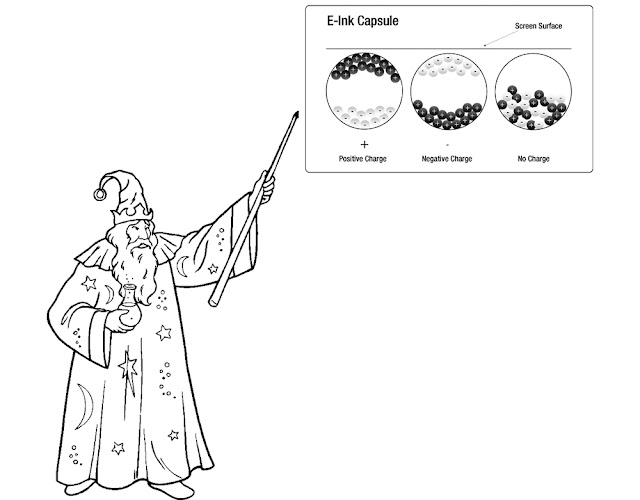2010 has been a terrible year for film. It's a sad fact. True, there has been a few glimmering spots of light in the darkness though, with Inception, The Social Network, Winter's Bone, Toy Story 3, How To Train Your Dragon. But those dozen or so quality films were only a pin-drop compared to the deluge of utter shit that graced our screens.
Let me give you a quick recap: Valentine's Day, Cop Out, Remember Me, Clash of the Titans, Furry Vengeance, A Nightmare on Elmstreet, Shrek Forever After, Sex and the City 2, Marmaduke, Jonah Hex, Grown Ups, The Twilight Saga: Eclipse, The Sorcerer's Apprentice, Cats & Dogs: The Revenge of Kitty Galore, Charlie St. Cloud, Vampires Suck, Resident Evil: Afterlife, Alpha and Omega, Skyline.
Oh God, why did I type that all out...I can feel my soul shriveling and turning as black and cold as the pitiless depths of space-
So over the last few weeks, I found myself obsessively searching for nearby showtimes for Danny Boyle's 127 Hours. The critical reception for the film has been glowing, and the Academy Award clamor is strong, especially for James Franco's performance. However, my search has been fruitless. The film is not - and more than likely will not ever - play in my area. It's as simple as that.
But then again, it's not as simple as that. It turns out that both Black Swan and The King's Speech will be doing much the same. They'll both be getting the limited release treatment, in which they'll dance around the far outskirts of the surrounding areas and then vanish within mere weeks. I fear this is the start of a trend when it comes to smaller, less-commercial films.
(UPDATE: It turns out Black Swan will actually be coming to Toledo after all. Well, that's a good start. I hope that the film's director Darren Aronofsky can finally move out from under the "undetermined" status I currently have him under. Much to my embarrassment, I have yet to see Pi, Requiem for a Dream, or The Wrestler. The only film of his I've seen, The Fountain, left a very foul taste in my mouth.)
It appears that the reason behind this is that these films do not play to big audiences. There is no major profit to be had from intellect or artistic merit. They aren't filled with eye-raping 3D gimmickry, farting animals, Adam Sandler, or CGI monstrosities smashing together as if held in the hands of a gigantic retarded child.
So, here is my honest and heart-felt plea: think before you open your wallets. Where your money goes is what guides the powers that be. Paying for Transformers will only beget more Transformers, a horrible lesson I learned first-hand. From now on think of buying tickets in the same way you fill out ballots. We don't have to have shitty outcomes if we stop making terrible choices in the first place.
In the meantime, this holiday season we will be treated to a few extra screens of Tron Legacy, Yogi Bear, Little Fockers, and Gulliver's Travels.
Please save us, Coen Bros.





